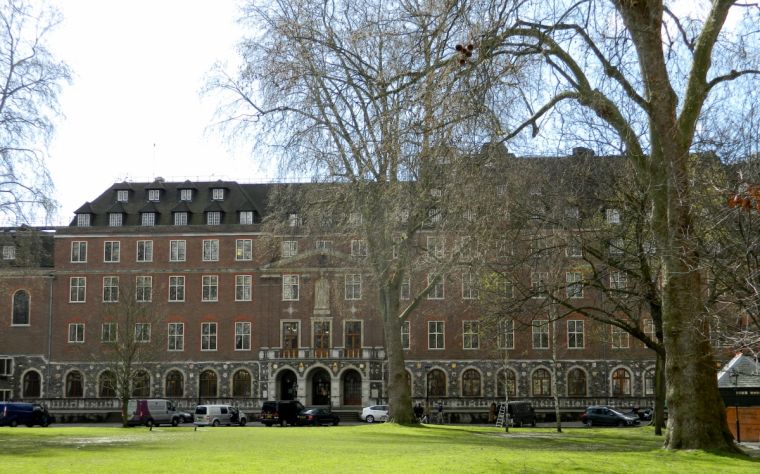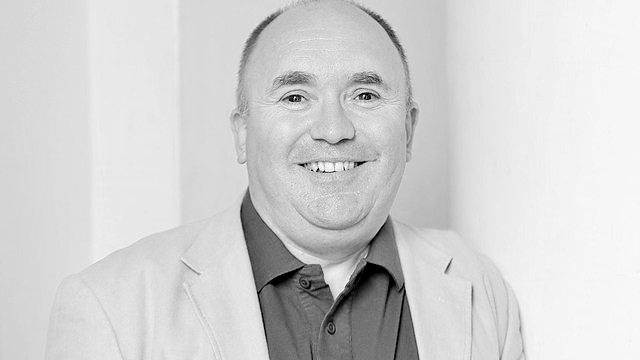Some serving bishops have been abused, says campaigner in victims booklet sent to CofE synod members
A number of bishops and senior church leaders are themselves survivors of sex abuse but a sense of shame prevents them from speaking out, a campaigner is claiming.
The suggestion comes in a brutally honest account of abuse survivors' experiences that is being circulated to members of the Church of England's ruling general synod ahead of its twice-yearly meeting this week.

Questions around sex abuse are set to dominate the sessions in Westminster which include a major presentation on safeguarding before the Church faces the national Independent Inquiry into Child Sexual Abuse (IICSA) in March.
Victims of clergy sex abuse are due to protest outside the synod during the presentation on Saturday and have sent each member of synod a 16-page booklet containing the experiences of 10 different survivors.
The 10 victims' account are anonymous and they are simply referred by a letter and their gender. The pamphlet was organised by communications adviser and journalist Andrew Graystone who said he was caught up in the Church's response to abuse over the beatings linked to the Iwerne Trust network.
He claimed the Church faces a 'singular moment of opportunity' to address its response to sex abuse and urged victims, including those among senior clergy, to speak out.
'There are a great many people in the leadership of the Church who are themselves victims of abuse, including at least a handful of serving bishops,' he said. 'And yet somehow we have made victimhood a matter of shame, so that any church leader who said "me too" would be seen as somehow tainted.'
One bishop to speak out was Rt Rev Andrew Watson, Bishop of Guildford, who said he had been beaten by John Smyth.
Graystone said: 'I hope that soon, key church leaders will be feel able to identify themselves as victims of abuse, without fearing that they will join the ranks of the despised and rejected.'
Documenting how their treatment has driven some to nearly attempt suicide one survivor describes the churchís response to her accounts as 'cold, one sided' and 'consistently poor'. Another says: 'The CofE has been incredibly unhelpful. It is now six years since I first reported abuse, and I have no idea who is dealing with me. I have been passed around, like I am the troublemaker. They have been devoid of compassion.'

Asked to give one example of what had gone wrong one, described as 'V (female)' said: 'The reputation and well-being of the perpetrator and the parish and diocese were given priority over my needs and well-being.'
Another, known as Q (male), said: 'Early, quick engagement would have allowed things to be resolved relatively easily.'
Another, D (female), said: 'It seems the hierarchy and the lawyers are desperate to keep any complaints under wraps and for them to disappear quickly no matter what the cost to the complainant. I and my children have been affected deeply by the Church, the actions of the vicar in question, the safeguarding officer and the C of E as a whole, we will never forget the devastating effect that it had and continues to have on us all.'
A number of the victims' accounts praise certain aspects of the Church's response, particularly individuals or particular safeguarding teams. However the overall message of the booklet is that the CofE has not treated abuse victims as well as it ought to have done.











